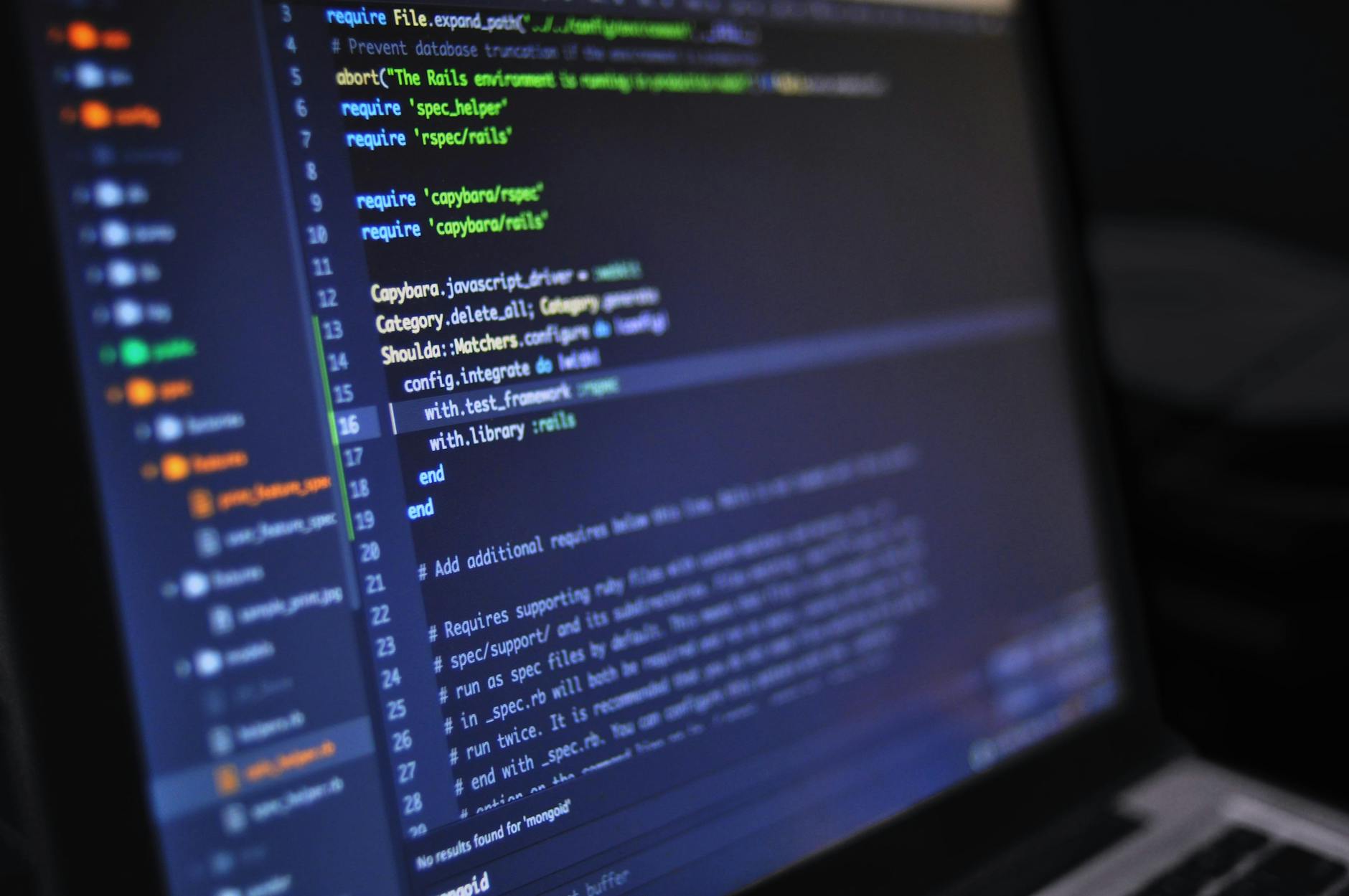
Computer Programming: The Art of Making Machines Do Your Bidding
Ever wondered how your favorite apps, websites, or even your coffee maker’s timer work? The answer is simple: computer programming. Whether you’re a curious beginner or a seasoned coder looking for fresh insights, this guide will walk you through the essentials, share some hard-earned wisdom, and maybe even make you chuckle at the quirks of this digital craft.
What Is Computer Programming? (And Why Should You Care?)
At its core, computer programming is the process of writing instructions that a computer can execute. Think of it like teaching a very literal, very fast (but sometimes frustratingly dumb) student how to solve problems. You write code in languages like Python, JavaScript, or C++, and the computer follows your directions—hopefully without throwing errors at 2 AM.
I remember my first “Hello, World!” program. It felt like magic. Then came the infinite loops, the cryptic error messages, and the sudden realization that semicolons matter—a lot. But that’s the beauty of programming: it’s equal parts logic, creativity, and stubborn persistence.
The Building Blocks of Programming
1. Variables: The Digital Storage Boxes
Variables hold data—numbers, text, or even complex structures. Naming them well is half the battle. (Pro tip: Avoid names like x or temp. Future-you will thank you.)
2. Control Structures: Decision Making for Code
These include if-else statements and loops. They’re the traffic cops of your program, directing flow based on conditions. My first “if” statement felt like giving my code a brain—until I accidentally created an infinite loop that crashed my laptop.
3. Functions: Reusable Code Snippets
Functions let you write a block of code once and reuse it. They’re like your favorite kitchen gadget—efficient and time-saving. Just don’t forget to pass the right ingredients (arguments)!
Programming Languages: A Quick Comparison
Not all languages are created equal. Here’s a breakdown of popular ones:
| Language | Best For | Learning Curve |
|---|---|---|
| Python | Beginners, data science, AI | Easy |
| JavaScript | Web development | Moderate |
| C++ | Game dev, high-performance apps | Hard |
Personally, I started with Python and never looked back—though I’ll admit JavaScript’s quirks keep life interesting (looking at you, NaN).
2025 Trends in Computer Programming
The tech world moves fast. Here’s what’s heating up:
- AI-Assisted Coding: Tools like GitHub Copilot are becoming indispensable. They’re like having a coding buddy who never sleeps (but occasionally suggests weird solutions).
- Low-Code/No-Code Platforms: More people will build apps without deep coding knowledge. Great for productivity, though purists might grumble.
- Quantum Computing Languages: Q# and others are gaining traction. Still niche, but worth keeping an eye on.
I’ve been experimenting with AI pair programming, and while it’s not perfect, it’s saved me hours of Googling syntax errors.
Common Programming Mistakes (And How to Avoid Them)
We’ve all been there. Here are classic blunders:
- Ignoring Errors: That red text isn’t decoration. Read it!
- Overcomplicating: Sometimes the simplest solution is the best. (Yes, even if it’s less “clever.”)
- Not Backing Up Code: One crashed hard drive is all it takes to learn this lesson.
My most embarrassing mistake? Spending three hours debugging only to realize I’d misspelled “variable” as “varibale.” The computer was not impressed.
FAQs About Computer Programming
Is programming hard to learn?
It’s like learning an instrument—challenging at first, but rewarding with practice. Start small, be patient, and embrace the errors (they’re great teachers).
Which language should I learn first?
Python is beginner-friendly, but JavaScript is handy if you love web development. Pick one and dive in—you can always learn more later.
Do I need a degree to be a programmer?
Nope! Many successful coders are self-taught. Build projects, contribute to open source, and let your skills speak for themselves.
Final Thoughts: Your Coding Journey Starts Now
Computer programming is a superpower. It lets you automate tasks, build tools, and even create art. Sure, there’ll be moments of frustration (why won’t this loop work?!), but the thrill of solving problems makes it all worth it.
Ready to start? Pick a project—maybe a simple calculator or a personal website—and code it. Break problems into tiny steps, Google liberally, and remember: every expert was once a beginner staring at a blinking cursor.
Your turn: What’s the first program you’ll write? Share in the comments!
Related: voice ai
Related: Black Myth: Wukong preview
Also read: HubSpot
Also read: DeepSeek


